CBOM Pre-Conference Speakers
 Anil Adisesh
Anil Adisesh
Dr. Anil Adisesh is a specialist physician in occupational medicine and an Associate Professor in the Department of Medicine at the University of Toronto. He is the Director of the Division of Occupational Medicine in the Department of Medicine at the University of Toronto and Head of the Division of Occupational Medicine at St Michael’s Hospital. In 2013 he moved from the UK Health and Safety Laboratory to take up the inaugural JD Irving Research Chair in Occupational Medicine at Dalhousie University. Anil has Chaired the WHO ICD-11 revision for Occupational Health and Co-chaired work to produce exposure and diagnostic criteria for occupational diseases for the International Labour Organisation.
The overarching theme to Anil’s research is, “promoting long and healthy working lives”. This theme recognizes the benefit of work to individuals, the necessity of longer working lives in a world with an aging population, and the prevention of work-related disease. Dr. Adisesh has a research interest in the role of the exposome in disease causation. His current research includes using toenails as a biomatrix for metallome profiling comparing cancer cases with controls, and investigating the effects of work and health with the Atlantic PATH Cohort. In clinical service provision he plans to establish the potential for digital technologies to be incorporated in clinical occupational medicine practice.
 Andrea Burry
Andrea Burry
Dr. Burry completed her Bachelor of Science in Physiology and Psychology at the University of Western Ontario and both her Masters of Science and Medical Degree at the University of Toronto. She is a fellow of the College of Family Physicians and recently passed her associate exam with the Canadian Board of Occupational Medicine.
Over the course of her practice, Dr. Burry has developed interests in Occupational Medicine and workplace health and safety and most recently in medical cannabis and the role that it can play in treating conditions such as post-traumatic stress disorder and chronic pain. Her expertise in these two areas is proving to be an asset for navigating cannabis in the workplace.
Dr. Burry currently divides her time between occupational medicine in both the public and private sector and clinical cannabis medicine and consulting.
She is a mother of 2 young daughters.
 Paul Demers
Paul Demers
Paul Demers is the Director of the Occupational Cancer Research Centre, based at Cancer Care Ontario and funded by the Canadian Cancer Society, the Ontario Ministry of Labour, and through grants from a variety of federal and provincial agencies. He is a Professor with the University of Toronto and a Clinical Professor with the University of British Columbia. He has a PhD in epidemiology and Master’s degree in occupational hygiene and his research has focused primarily on occupational and environmental cancer. He has been a member of many national and international expert panels dealing with occupational and environmental cancer for organizations such as the International Agency for Research on Cancer, the U.S. National Toxicology Program, the U.S. Institute of Medicine, the Health Effects Institute, and the American Conference of Governmental Industrial Hygienists.
 David Elias
David Elias
Dr. David Elias is the President and CEO of Canadian Health Solutions (CHS), a New Brunswick based company providing medical assessment and health care solutions, with a strong focus on research and development. CHS is currently exploring development of E-Health solutions that help improve the efficiency of healthcare delivery and contribute to a sustainable health system.
Dr. Elias and his team at CHS have implemented early-stage examples of structured medical assessment analytics/algorithms geared for AI technology. These analytics/algorithms are designed to facilitate the collection of relevant inputs, to process the data with standardized and structured analysis, and derive results usable in formulating medical opinion. Our goal is to automate these modules and leverage AI technology in deriving and interpreting results. In doing so, we will reduce cost, facilitate new patient interfaces, improve diagnostic accuracy, increase inter-assessment consistency, be highly scalable, and facilitate our growth in and outside of Canada. Since 2010, CHS have invested more than $10 million dollars in R&D with a goal of improving occupational medicine outcomes. We recognize that the future of health assessments is one in which automation and continual machine learning (AI) play a central role.
 Armando Fatigati
Armando Fatigati
Armando Fatigati is the Vice President of the Complex Claims Division of the WSIB. Armando’s portfolio includes the adjudication and case management of Occupational Disease injuries and illnesses. In over 30 years of service to workers and employers Armando has extensive experience with all the service delivery programs at WSIB. Since 2017 he has been leading a diverse portfolio that as well as the Occupational Disease and Survivor Benefits Program, but also includes the Serious Injury Program, the Mental Stress Injuries Program and the Complex Physical Injuries Branch.
 Tee Guidotti
Tee Guidotti
Tee L. Guidotti has had an academic career spanning almost 40 years, the largest part of it at the University of Alberta, where he established the first Royal College-approved fellowship program in occupational medicine in 1988 and was a Killam Annual Professor. He holds both Royal College and CBOM fellowship in occupational medicine. Dr. Guidotti trained and became board-certified in internal medicine, pulmonary medicine, and occupational medicine at Johns Hopkins. Dr Guidotti has produced several significant books, including Science on the Witness Stand, the Canadian Guide to Health and the Environment, and a three-volume textbook that is currently under revision. He is a Past President of the American College of Occupational and Environmental Medicine, the Association of Occupational and Environmental Clinics, the Alberta Occupational Health Society, and, most recently, Sigma Xi*, the Scientific Research Honour Society. He has served on the Board of Directors of the Occupational and Environmental Medical Association of Canada and received the Meritorious Service Award in 2002. He also served on the Board of the Alberta Federation of Labour Occupational Health Clinic in the 1980’s, and co-founded the Canadian Association of Physicians for the Environment, in 1993. He works closely with the Occupational Health Clinics for Ontario Workers and remains active in teaching and research. He is probably best known for his work on the occupational cancer risks of firefighting and on energy workers. In 2015, he was a Fulbright Visiting Research Professor at the University of Ottawa in the Institute for Science, Society, and Policy.
 Peter Smith
Peter Smith
Peter Smith is an Associate Scientific Director and Senior Scientist at the Institute for Work & Health in Toronto. He also has Associate Professor appointments in the Dalla Lana School of Public Health at the University of Toronto, and the Department of Epidemiology and Preventive Medicine at Monash University in Australia. He currently holds a CIHR Research Chair in Gender, Work and Health. His major research interests include the examination of how working conditions, in particular the psychosocial work environment, impact health, methods to integrate concepts of gender and sex into secondary data analyses; and understanding how changes in nature and availability of work in the Canadian market impact approaches to the primary and secondary prevention of work-related injury and illness.
 Sebastian Straube
Sebastian Straube
Sebastian Straube holds degrees in Medicine and Physiological Sciences from the University of Oxford (England) where he also did his DPhil (PhD). After clinical work and research at the Oxford Radcliffe Hospitals, Dr. Straube joined the Institute of Occupational, Social and Environmental Medicine at the University Medical Center Göttingen, Germany. Here he completed his Habilitation (German postdoctoral qualification) and his postgraduate medical training in the specialties of Occupational Medicine and Social Medicine. Dr. Straube was an Extraordinary Professor at the University of Göttingen until he took up his current post as Associate Professor in the Division of Preventive Medicine of the University of Alberta’s Department of Medicine in 2014. He was appointed as Division Director for Preventive Medicine in 2016. Dr. Straube’s research interest is in evidence-based medicine (systematic reviews and meta-analyses). He is also the Director of the Foundation Course in Occupational Medicine.
 Kimberly Watson
Kimberly Watson
Dr. Kimberly Watson is a clinical, health and rehabilitation psychologist. She earned her Ph.D. at York University in Toronto, where she completed a dissertation on mindfulness-based stress reduction. Part of Kim’s academic training was at Alberta Hospital Edmonton, with rotations in psychiatry, health psychology, and eating disorders. She has worked in several settings such as Princess Margaret Hospital, the Centre for Addiction and Mental Health (CAMH), Toronto General Hospital, and currently both in private practice and with the Ontario Ministry of Labour.
While her background includes course directorships and conducting research, Kim’s primary focus has been on direct service work in assessment and treatment. At a chronic pain clinic, she assessed and treated injured workers receiving worker’s compensation. She also conducted psychovocational assessments, in the context of tort cases, to determine disability and the ability to work after accidents and injuries. She also provided treatment with people who had a range of conditions (including severe eating disorders, depression, bipolar disorder, post-traumatic stress, personality disorders, cancer, MS, Fibromyalgia, and Chronic Fatigue Syndrome) both within and outside of disability/return-to-work concerns. She is a CMHA-trained advisor in the CSA Standard on Psychological Health and Safety and remains keenly interested in the ways that mental health and the workplace intersect.
OEMAC Conference Speakers
 Mark Bayley
Mark Bayley
Mark Bayley is Program Medical Director & Physiatrist-in-Chief at Toronto Rehabilitation Institute, and Medical Director for the WSIB Neurology Specialty Program of Altum Health at the University Health Network. He is Professor and Saunderson Family Chair in Brain injury Research at the University of Toronto in the Division of Physical Medicine and Rehabilitation, Faculty of Medicine. Mark’s research focuses on understanding how to speed brain recovery through exercise, virtual reality, telerehabilitation and functional electrical stimulation. Importantly, he has explored novel implementation strategies to bridge the knowledge-practice gap by making best evidence available to clinicians through smartphone apps (www.viatherapy.org) and Best Practices Guidelines in stroke, concussion and brain injury (https://braininjuryguidelines.org) .His work has redesigned the stroke and brain injury rehabilitation systems in Canada. (@DocMarkBayley) | Twitter
 Charl Els
Charl Els
Dr. Charl Els is a fellowship-trained psychiatrist and addiction specialist. He is a Clinical Professor in Psychiatry and in Medicine at the University of Alberta. Dr. Els authored / co-authored select practice guidelines for ACOEM, OEMAC, and RAC, as well as several publications, including in the Lancet and the Cochrane Database. He is the editor of a Health Canada funded textbook on tobacco control. His current research focuses on opioids, cannabis, random drug testing, and psychological injury in the workplace. Dr. Els regularly conducts assessments on workers in safety-sensitive positions.
 Jonathan Gladstone
Jonathan Gladstone
Dr. Gladstone is a consultant neurologist with a practice dedicated to Headache Medicine and Head Injury Medicine. He is the Director of the Gladstone Headache Clinic in Toronto. Dr. Gladstone is a Consultant Neurologist to the WSIB Neurology Specialty Program and Complex Injury Outpatient Rehabilitation Programs at the Toronto Rehabilitation Institute. He is a Headache Specialist at The Hospital for Sick Children and Director of Headache Medicine at Cleveland Clinic Canada. Dr. Gladstone is the Consultant Neurologist for the Toronto Blue Jays and Toronto Raptors.
Dr. Gladstone completed both his Doctor of Medicine degree and the Neurology Residency Program at the University of Toronto. He completed a one-year Headache Medicine Fellowship at the Mayo Clinic.
Dr. Gladstone is the only neurologist in Canada to have completed a Headache Medicine fellowship and to have a practice dedicated full-time to adult and pediatric Headache Medicine and Head Injury Medicine.
Dr. Gladstone has authored more than 80 refereed publications, invited reviews, abstracts and textbook chapters. Dr. Gladstone’s has delivered more than 200 invited lectures nationally and internationally. He has been involved in the guideline creation for the Canadian Headache Society, the Ontario Neurotrauma Foundation, the Ontario Ministry of Health Expert Panel on Neuroimaging for Chronic Headaches, and for the United States Department of Defense.
Dr. Gladstone has particular interest in post-traumatic and post-MVA headaches and other post-concussive symptoms and regularly performs IMEs in these areas for accident-benefit and tort proceedings. Dr. Gladstone also has particular interest in headache-related and head-injury related disability assessments.
 Howard Hamer
Howard Hamer
Dr. Hamer is a trained and experienced physician in the field of Occupational and Environmental Medicine. He achieved his Master of Science degree in Occupational Medicine from McGill University in 1999. Dr. Hamer closed his Family Practice in 2010 and then continued his Occupational Medicine practice full time. He now works for multiple affiliations throughout the Greater Toronto area. Dr. Hamer is a past president of OEMAC and worked on the OEMAC board for 14 years.
 Linn Holness
Linn Holness
Dr Holness graduated from the Faculty of Medicine, University of Toronto in 1977 and has a MHSc from the University of Toronto. She is certified in Occupational Medicine by the Royal College of Physicians and Surgeons of Canada and is an Honorary Fellow of the Faculty of Occupational Medicine of the Royal College of Physicians of London, UK.
Dr Holness is now a professor emeriti in the Dalla Lana School of Public Health and Department of Medicine at the University of Toronto. She is a staff physician in the Division of Occupational Medicine and associate scientist in the MAP Centre for Urban Health Solutions, Li Ka Shing Knowledge Institute, at St Michael’s Hospital. She has recently stepped down from her roles of Division Director for Occupational Medicine in both the Department of Medicine at the University of Toronto and St Michael’s Hospital. She has served in leadership positions in professional organizations in both occupational medicine and contact dermatitis.
She continues as the Director of the Centre for Research Expertise in Occupational Disease. The Centre has an applied research focus and works closely with provincial occupational health and safety system partners. Her research interests are broad, including occupational disease and its prevention, recognition and reporting of occupational disease, occupational health services and occupational health and safety in the context of specific populations such as vulnerable workers. Her main research has focused on prevention, health care utilization, diagnosis, return to work and outcomes related to occupational skin disease.
 Liisa Honey
Liisa Honey
Dr. Honey completed her medical degree at the University of Western Ontario and her FRCSC in Obstetrics and Gynaecology at the University of Ottawa.
She served as Department Chief, Medical Director, and active member of the department of Obstetrics and Gynaecology at the Queensway Carleton Hospital in Ottawa for 18 years.
She completed a Master’s certificate in Physician Leadership Development through the Schulich School of Business, as well as the Quality Improvement and Patient Safety program through the Telfer School of Business.
She is an instructor with the ALARM and International ALARM programs through the Society of Obstetricians and Gynaecologists of Canada.
 Allen Kraut
Allen Kraut
Dr. Kraut is an Associate Professor in the Departments of Internal Medicine and Community Health Sciences at the University of Manitoba. He is a specialist in Internal Medicine and Occupational Medicine. He graduated from the University of Manitoba Medical School and completed training in Internal Medicine in Winnipeg and Occupational Medicine in New York City. Dr. Kraut is the Medical Director of the Winnipeg Regional Health Authority’s Occupational Medicine program. For the past 30 years he has been an attending physician in Internal Medicine at the Health Sciences Center (HSC), and practiced clinical occupational medicine at the MFL Occupational Health Clinic and the HSC. Dr. Kraut’s areas of research include various aspects of occupational diseases and the influence that work has on health. He has served as a consultant to a variety of labour, industry and government organizations in the field of occupational health. Dr. Kraut is on the editorial board of the American Journal of Industrial Medicine.
 Deborah Parachin
Deborah Parachin
Dr. Deborah Parachin has been practicing in the occupational medicine field for over fifteen years, with experience in both the public and private sectors. She received her MD degree from McMaster University and completed her Family Medicine Residency at the University of Toronto. She is a Certificant in the Canadian Board of Occupational Medicine and has a Diploma in Occupational Health and Safety from McMaster University. Dr. Parachin is an advisory committee member for The Centre of Research Expertise for the Prevention of Musculoskeletal Disorders (CRE-MSD). She has been a member of the executive committee of the Ontario Medical Association’s Section on Occupational and Environmental Medicine for more than ten years. Dr. Parachin also has a Masters degree in Physical Therapy with previous experience in occupational physical therapy and musculoskeletal disorders.
 Dr. Raja Rampersaud
Dr. Raja Rampersaud
Dr. Rampersaud is a recognized leader and innovator in minimally invasive spinal surgery. Dr. Raja Rampersaud’s national and internationally recognized research focuses on comparative effectiveness as well as health services research aimed at improvements in the delivery of patient centered musculoskeletal and spine care. He is an advocate for interprofessional models of care for spine and musculoskeletal disorders. He has developed the Inter-professional Spine Assessment and Education Clinic (ISAEC) program which has been recently funded for provincial implementation. He is the provincial clinical lead for the Ministry of Health and Long-Term Care Low Back Pain Strategy and served as the co-chair for the Provincial Quality Based Pathway (QBP)-Spine as well as the Quality Standard for Low Back Pain.
 Michel Schofield
Michel Schofield
Michel Schofield is a physician practising in Toronto and Mississauga Ontario. She has a BSc in psychology and an MSc in pharmacology from the University of Toronto and graduated from McMaster University medical school. Dr. Schofield has worked at the Ontario Workplace Safety and Insurance Board; as well as in a variety of inpatient and outpatient rehabilitation settings and has worked as an occupational medicine consultant to public and private sector companies. Her clinical interests include chronic pain management, amputee rehabilitation, and management of hand injuries.
 Susan Tarlo
Susan Tarlo
Dr Susan M Tarlo is a respiratory physician and a Professor in the Department of Medicine at the University of Toronto with an academic cross-appointment in the University of Toronto, Dalla Lana Department of Public Health. Her main clinical staff appointment is at the University Health Network, at Toronto Western Hospital where she is head of the Occupational Lung Disease Clinic and also has a focus on asthma and allergic respiratory disease. She has research appointments at the Gage Occupational and Environmental Health Unit in Toronto, St Michael’s Hospital Li Ka Shing Research Institute and University of Toronto Institute of Medical Science and the Centre for Research Excellence in Occupational Disease at St Michael’s Hospital where she also has a WSIB occupational lung specialty clinic. Her research interests and publications are mainly in work-related asthma and occupational allergy. She has over 200 peer-reviewed publications, and in 2018 was awarded the American Thoracic Society, Environmental, Occupational and Public Health Assembly, John Peters Award for outstanding contributions to occupational or environmental medicine through leadership in research, education or public health, and the OEMAC Distinguished Service Award.
 Mary Townsend
Mary Townsend
Dr. Townsend has a DrPH in Epidemiology and has worked as an Independent Consultant for decades. She frequently teaches NIOSH-approved Spirometry Courses, in addition to lecturing about spirometry pitfalls and interpretation annually at the American College of Occupational and Environmental Medicine (ACOEM) conferences, and teaching at American Thoracic Society (ATS) and American College of Chest Physicians (ACCP) national conferences. She consults for private companies and health care providers as well as for government agencies, notably the OSHA Directorate of Standards and Guidance. She consulted with OSHA to develop their occupational spirometry testing best practices statement and she was awarded the ACOEM Award for Health Achievement in Occupational Medicine in 2013. Prior to working as an Independent Consultant, she worked as an Epidemic Intelligence Service (EIS) officer and research epidemiologist at NIOSH for 4 years. Before that, she worked for 5 years as an Assistant Professor of Epidemiology at the University of Pittsburgh, Graduate School of Public Health.
 Alexander Waddell
Alexander Waddell
Alexander Waddell is a Human Rights Officer with the Outreach Branch of the Canadian Human Rights Commission in Ottawa. He was called to the Bar of Ontario in 1992, and has also worked for the Ontario Ministry of Labour and the Ontario Human Rights Commission. He has worked extensively in employment law and human rights investigation, training and policy. He has worked with the Canadian Human Rights Commission since 1998, as an investigator, analyst, training developer and legal advisor. He has also worked as Associate Faculty with the Canada School of the Public Service. Part of his role in Outreach is to assist stakeholders – both employers and employees – in understanding their rights and duties under the Canadian Human Rights Act, and in creating respectful workplaces free of barriers, discrimination and harassment.
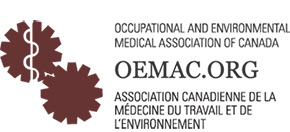
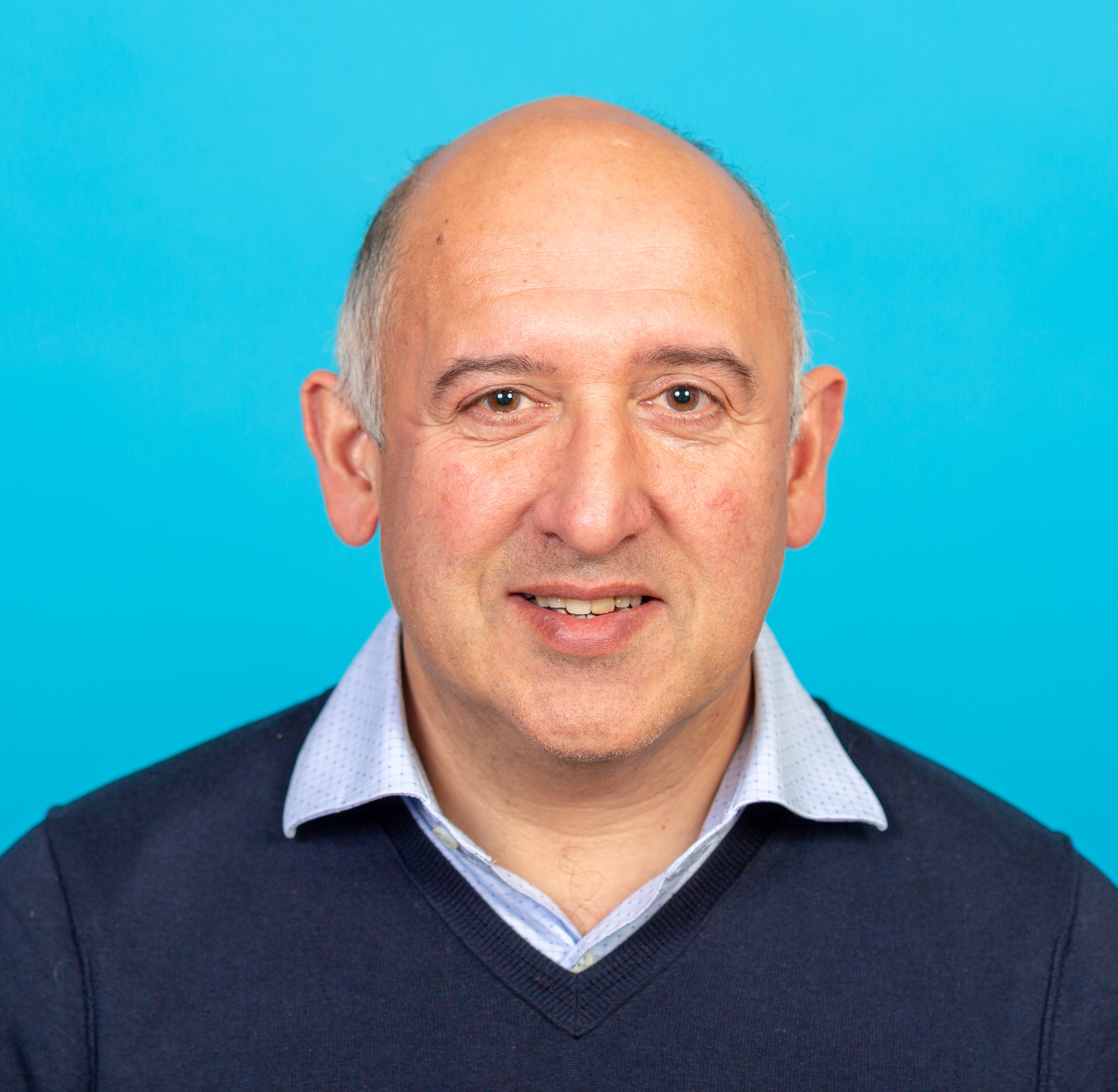 Anil Adisesh
Anil Adisesh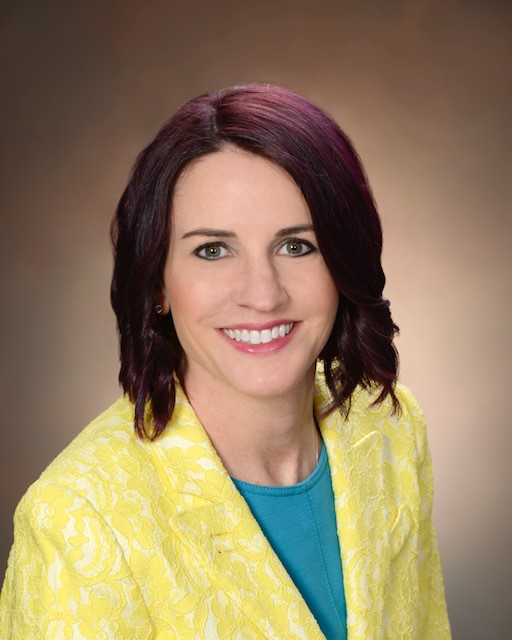 Andrea Burry
Andrea Burry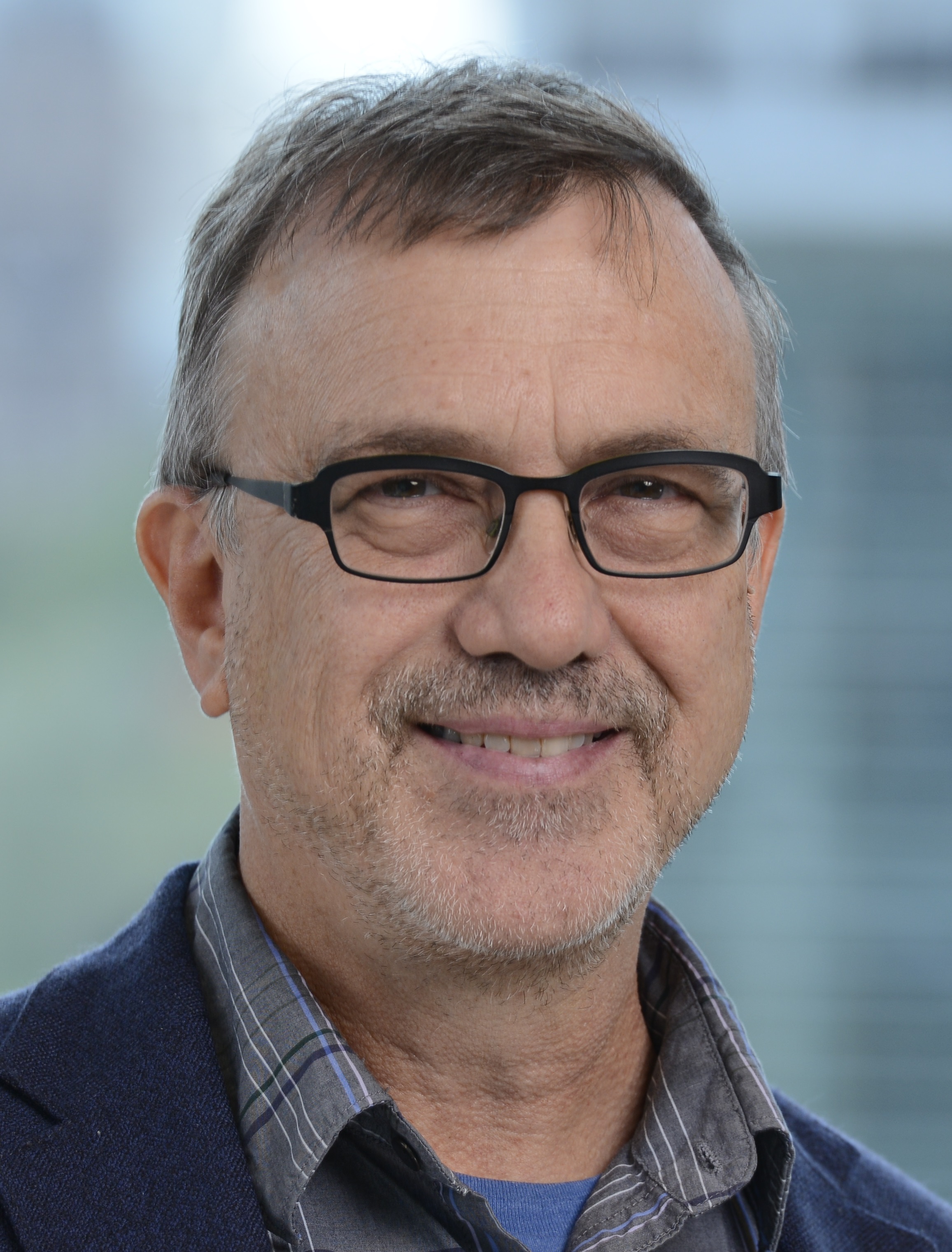 Paul Demers
Paul Demers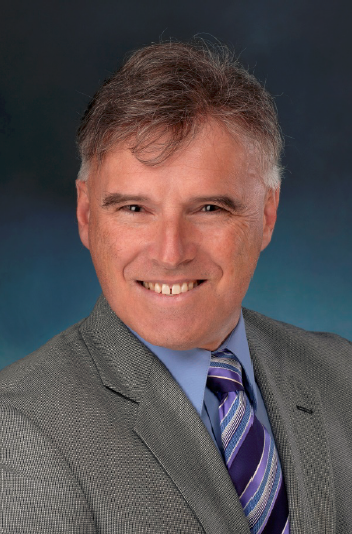 David Elias
David Elias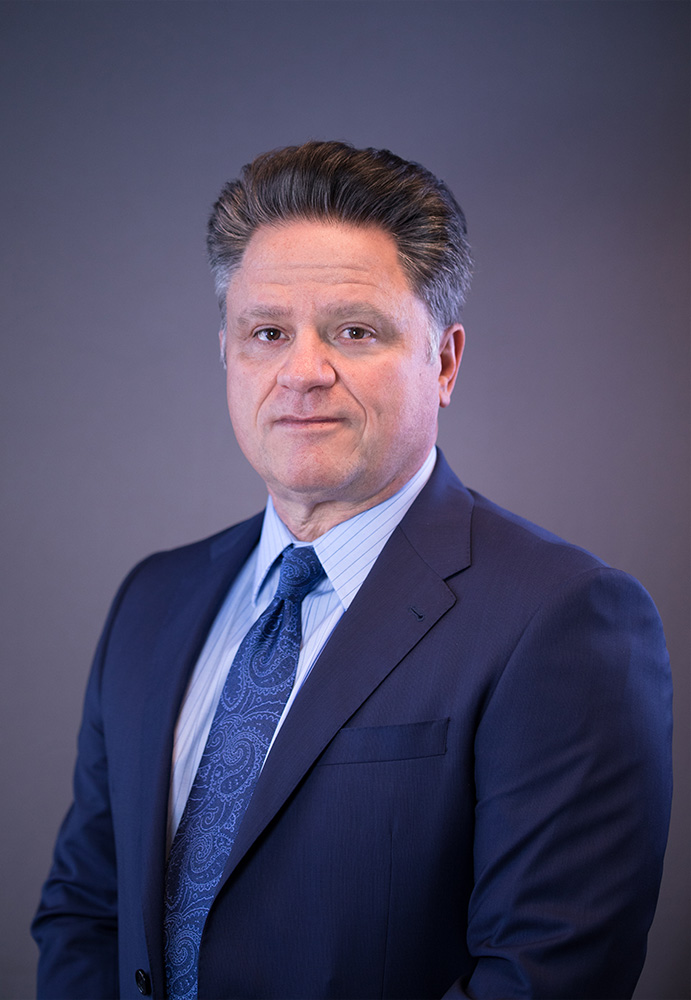 Armando Fatigati
Armando Fatigati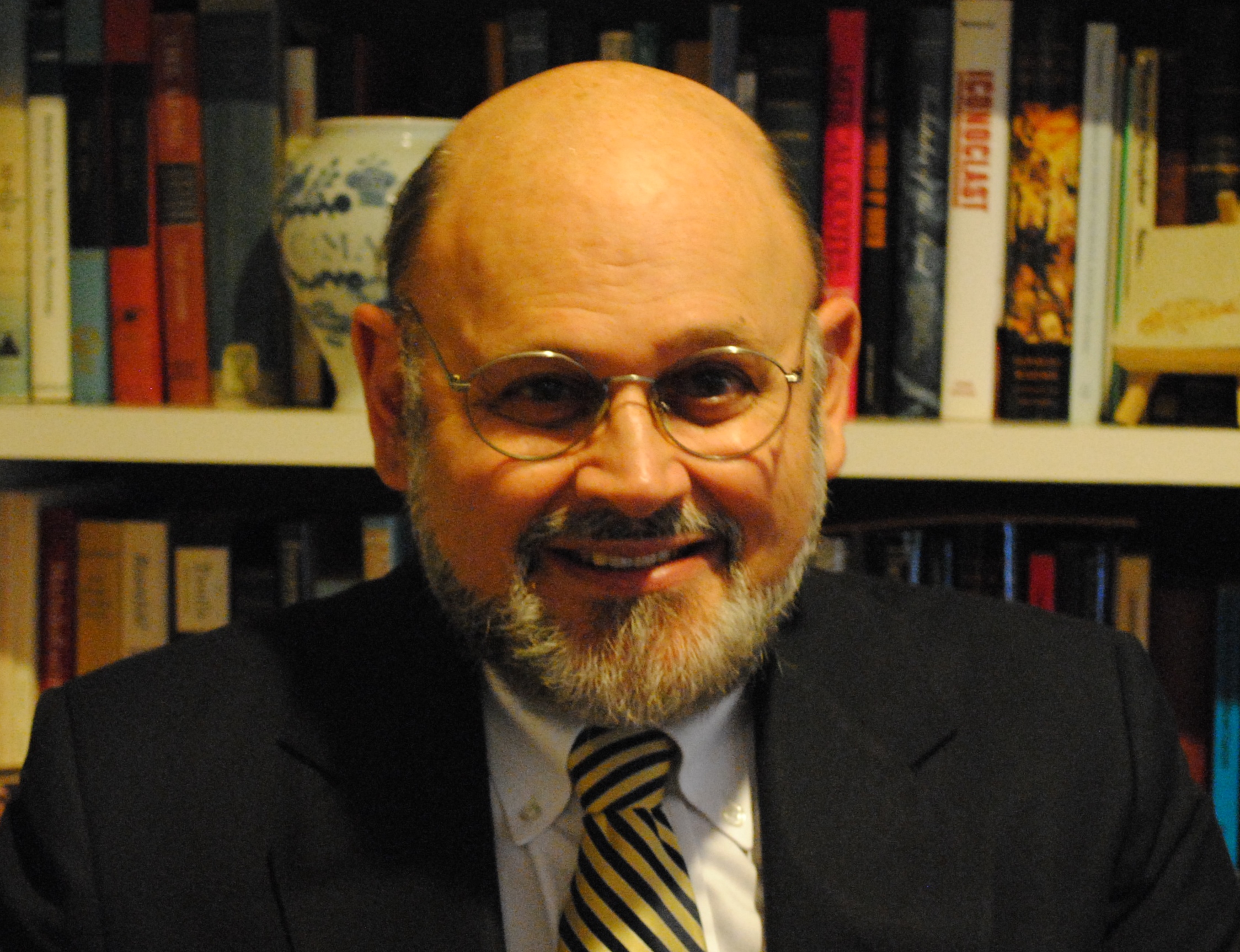 Tee Guidotti
Tee Guidotti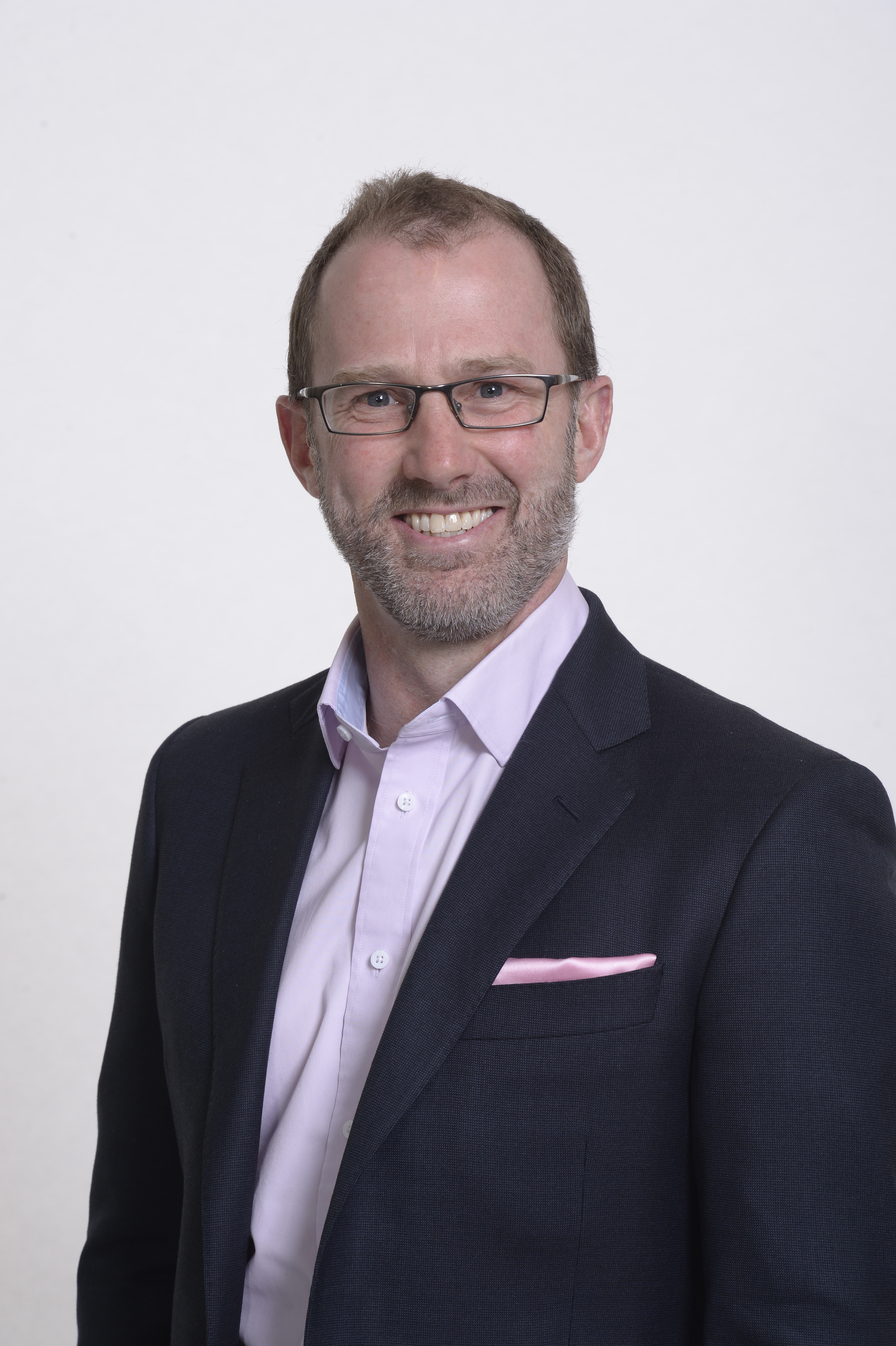 Peter Smith
Peter Smith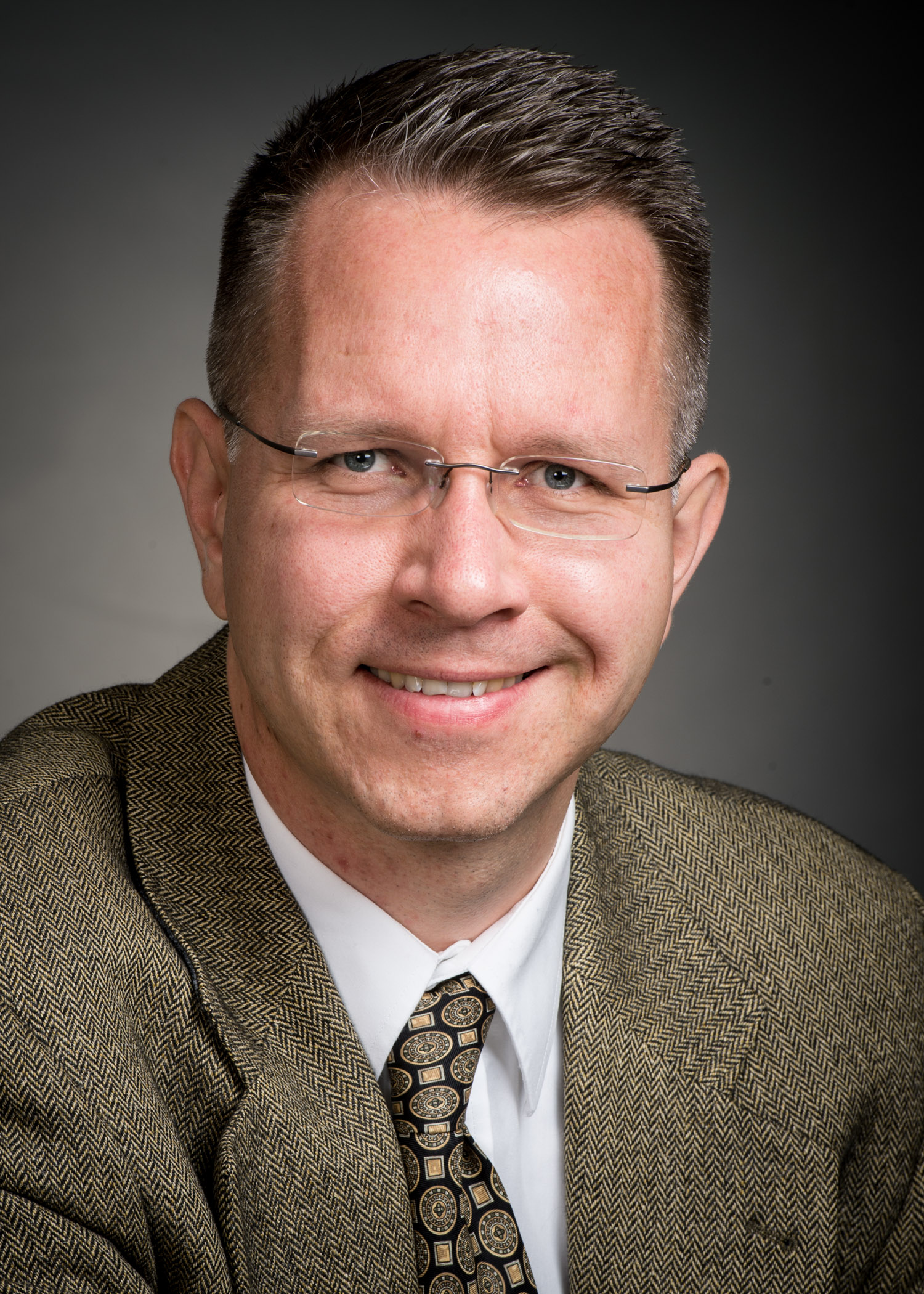 Sebastian Straube
Sebastian Straube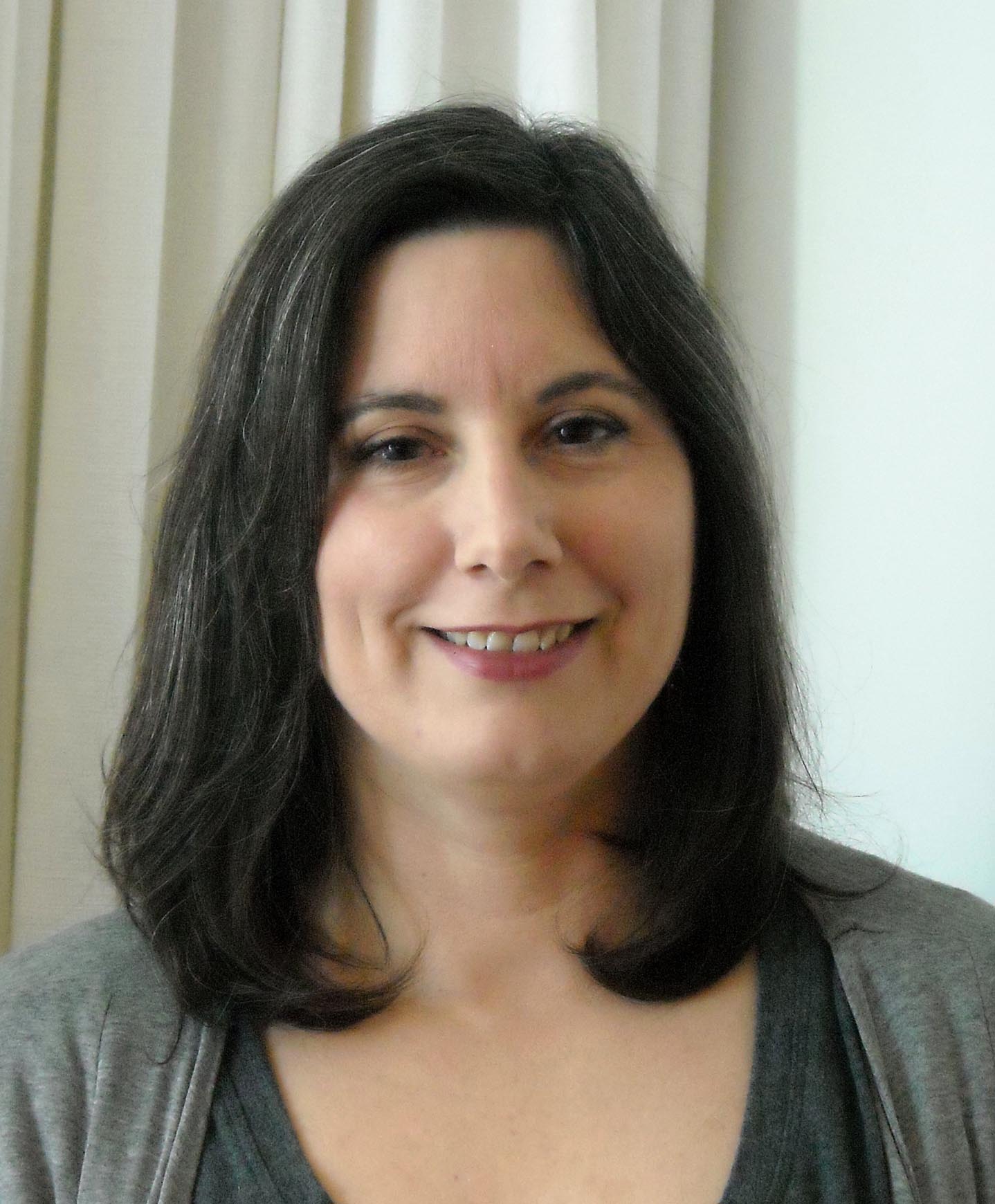 Kimberly Watson
Kimberly Watson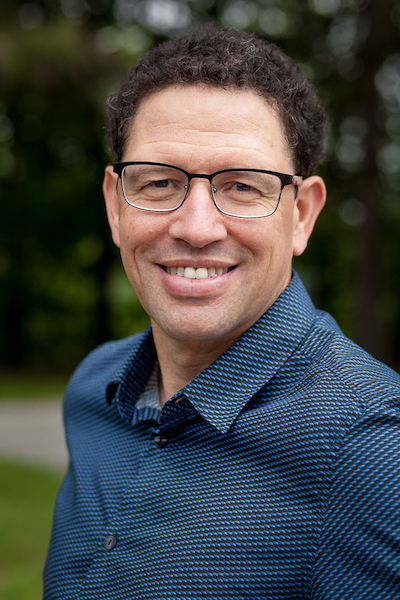 Mark Bayley
Mark Bayley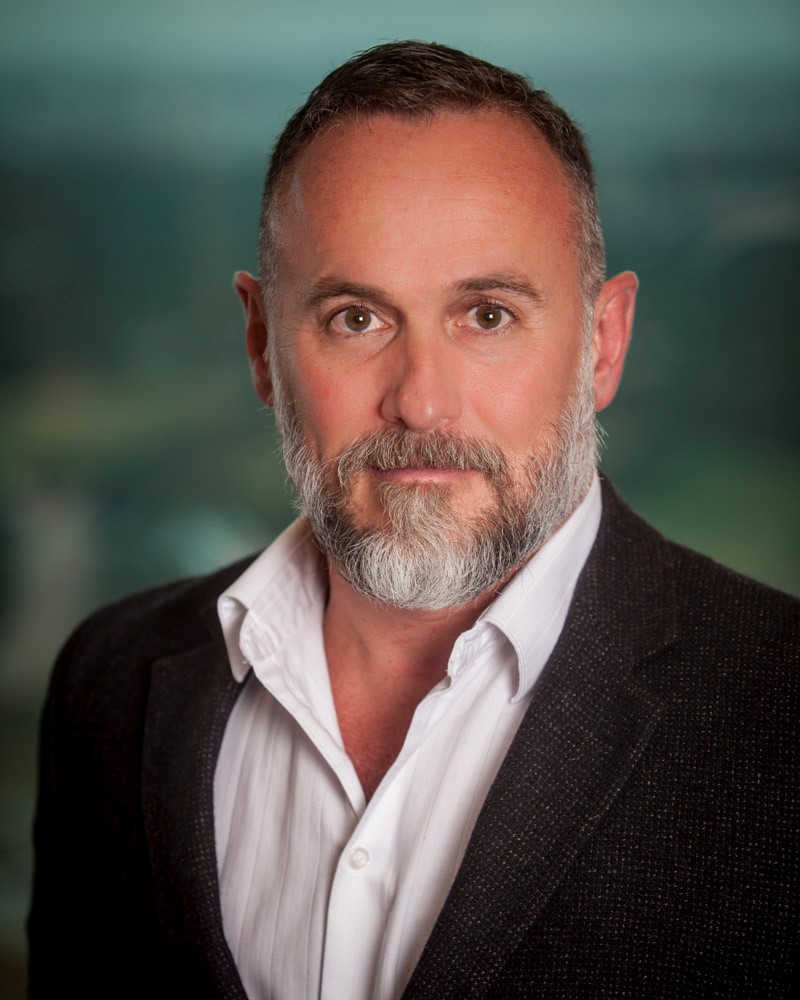 Charl Els
Charl Els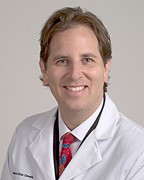 Jonathan Gladstone
Jonathan Gladstone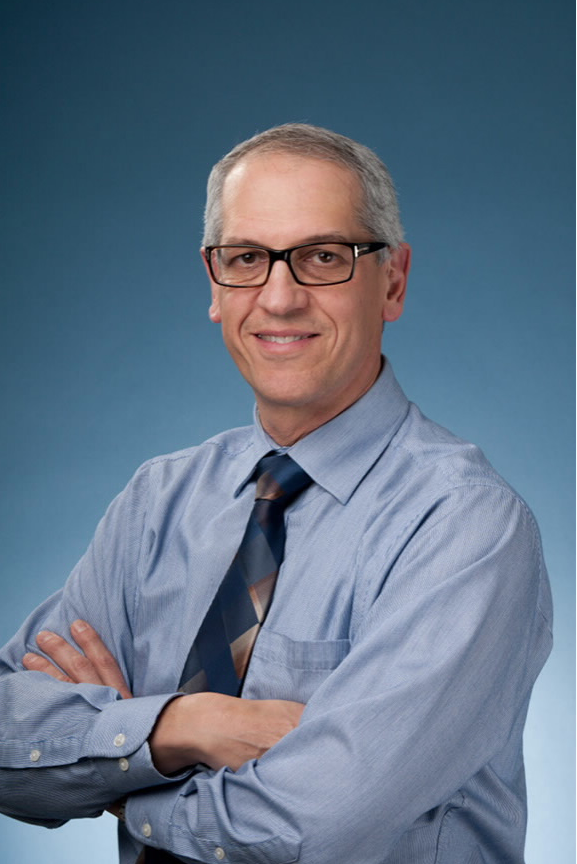 Howard Hamer
Howard Hamer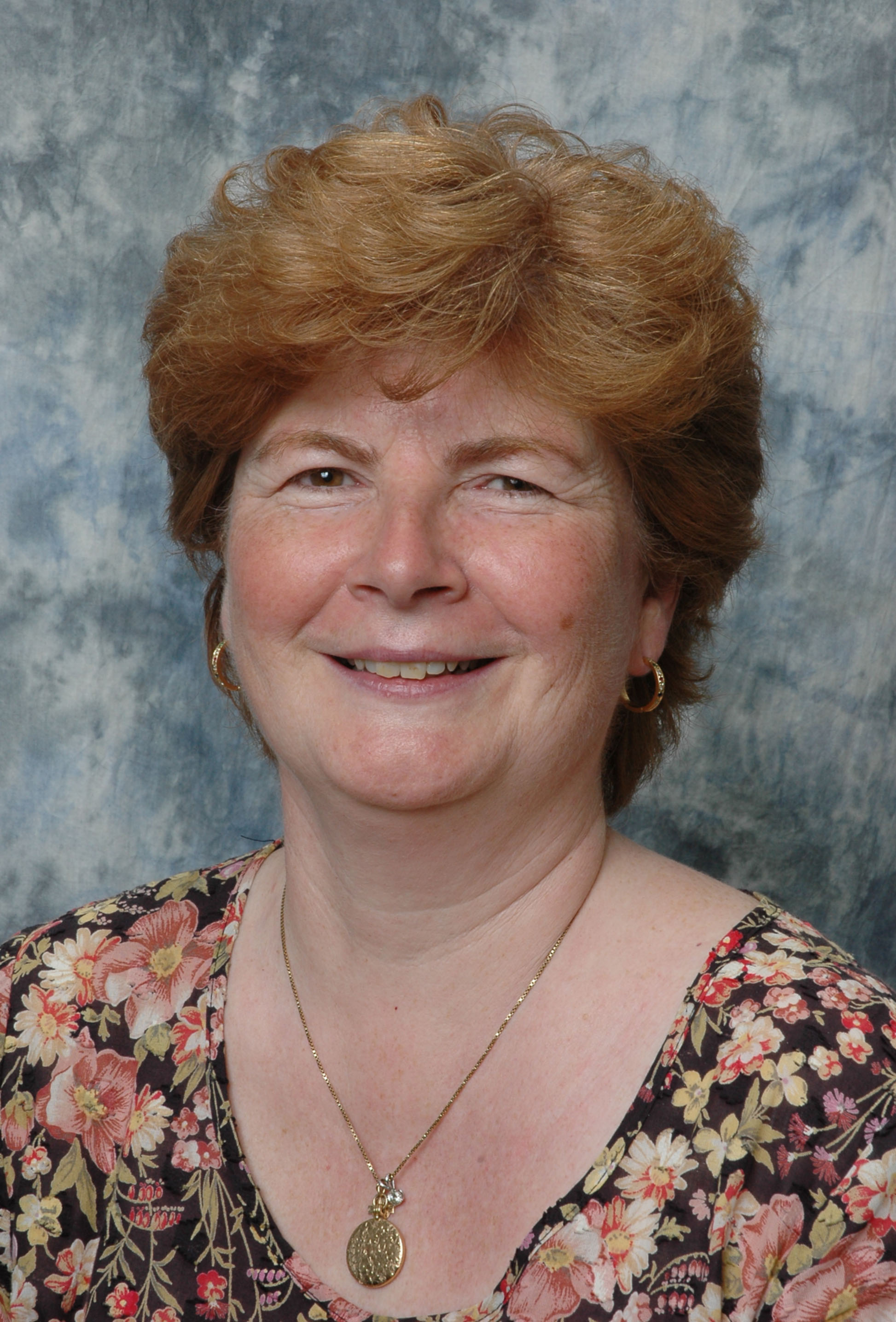 Linn Holness
Linn Holness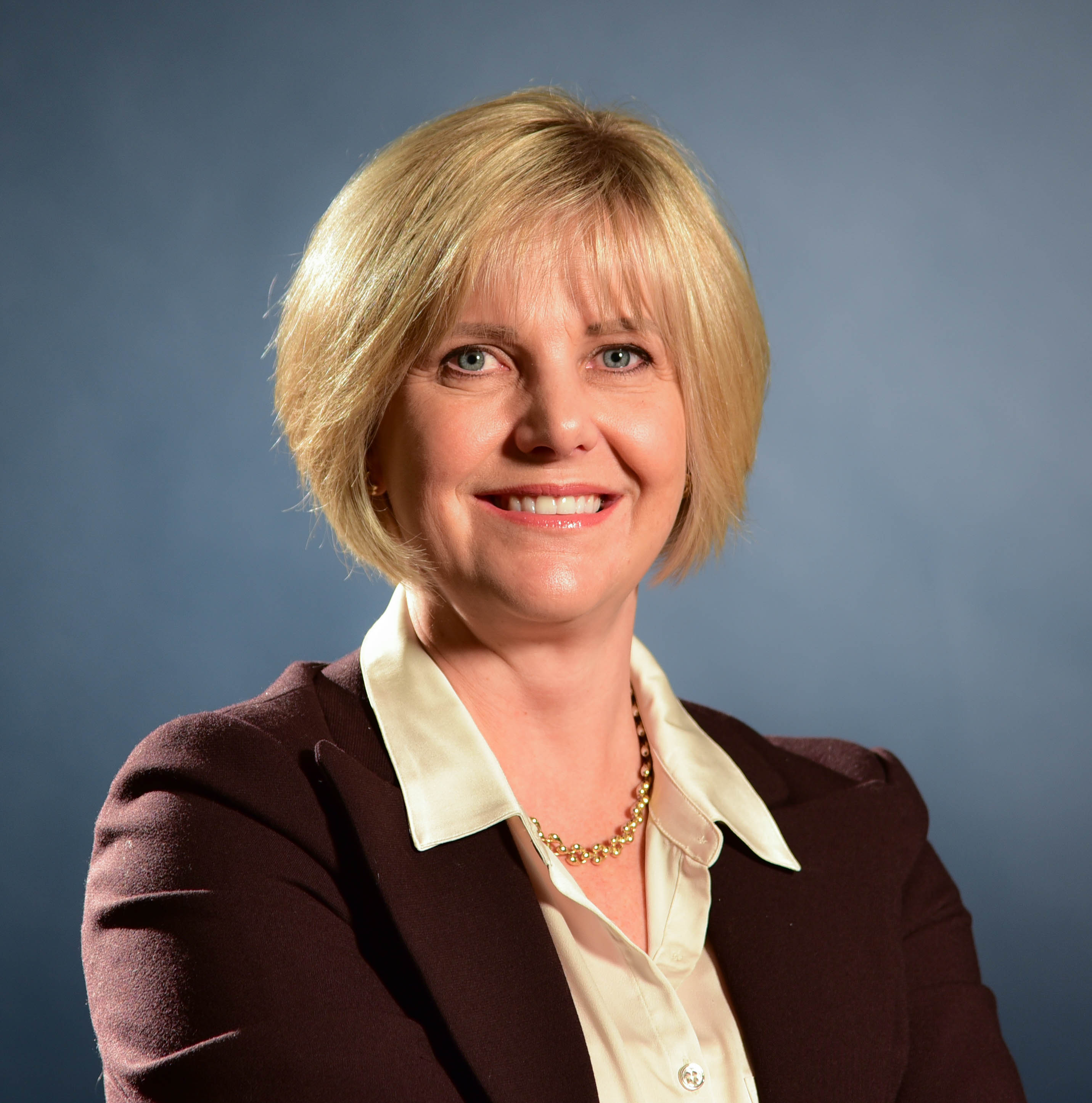 Liisa Honey
Liisa Honey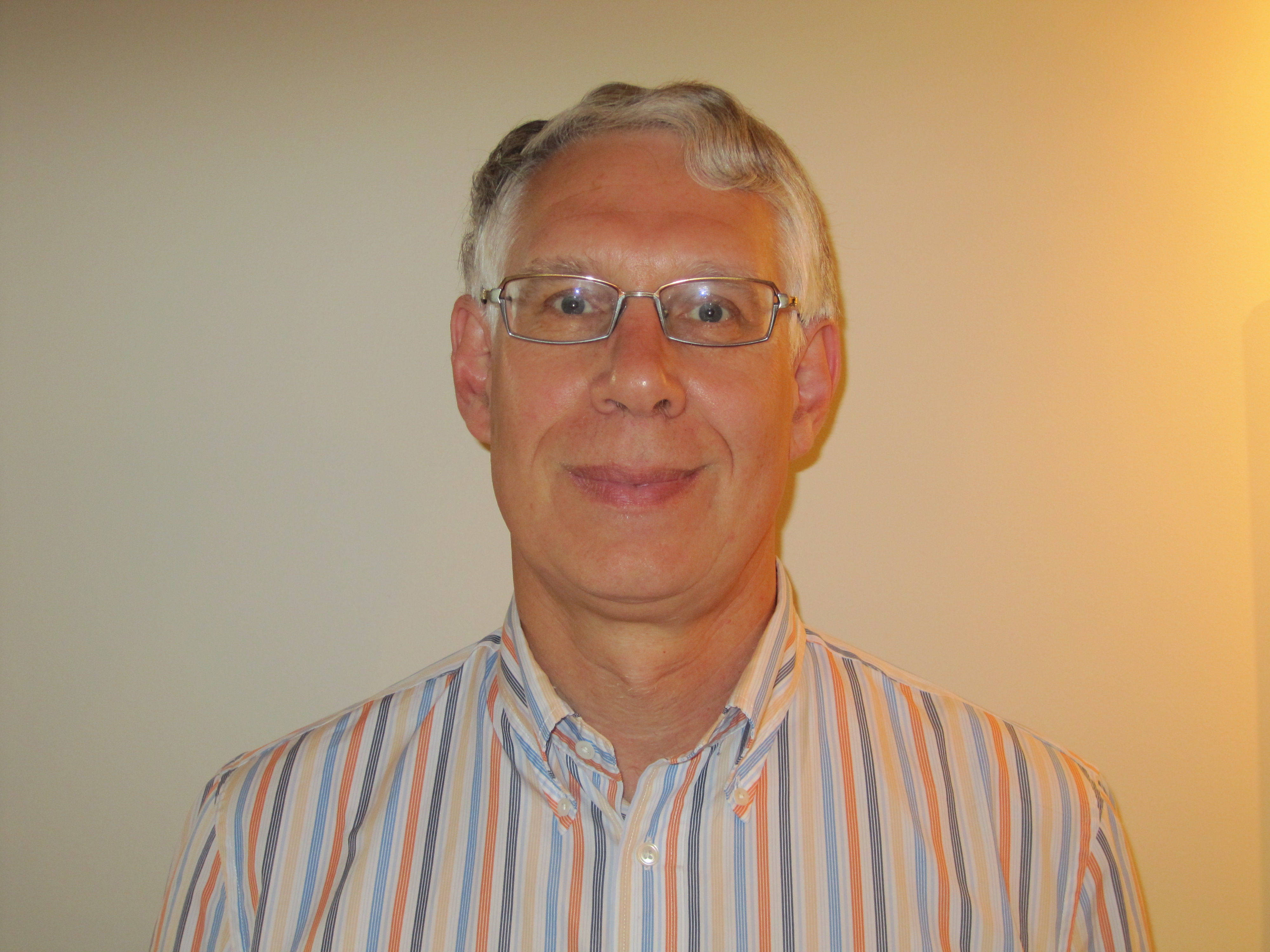 Allen Kraut
Allen Kraut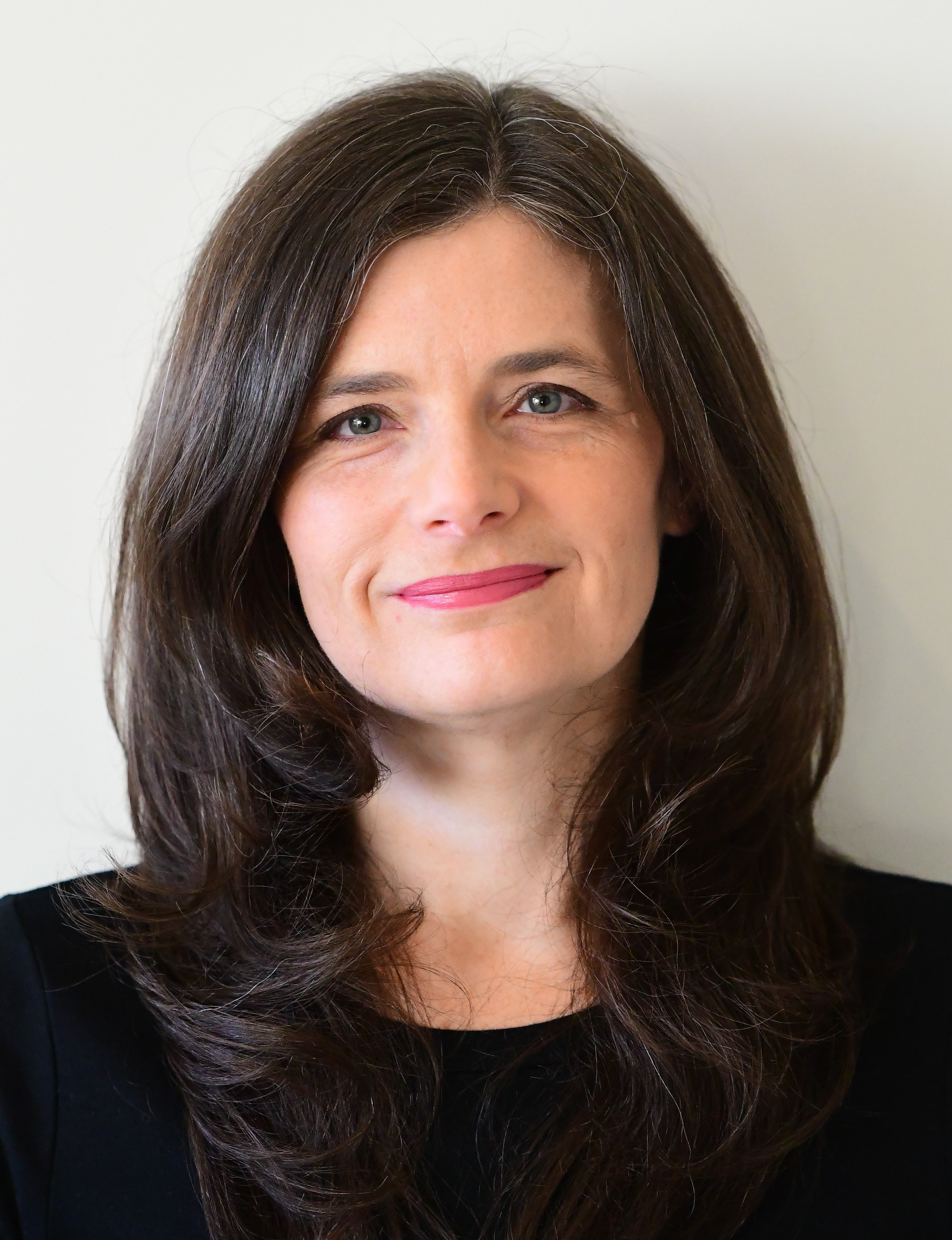 Deborah Parachin
Deborah Parachin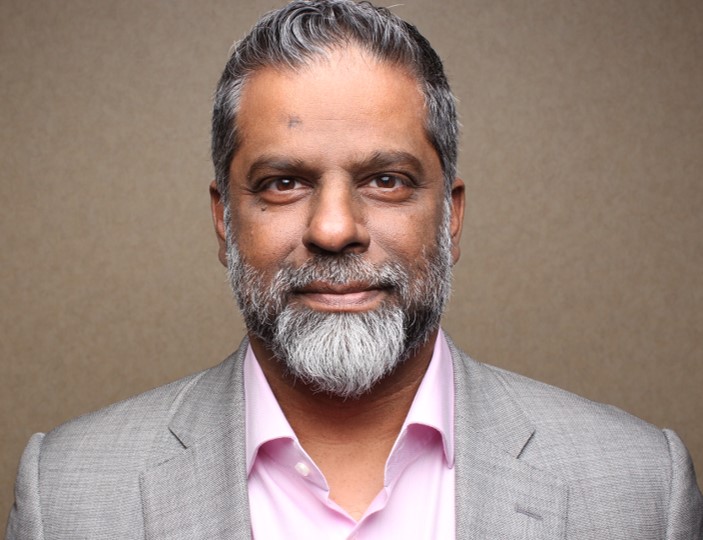 Dr. Raja Rampersaud
Dr. Raja Rampersaud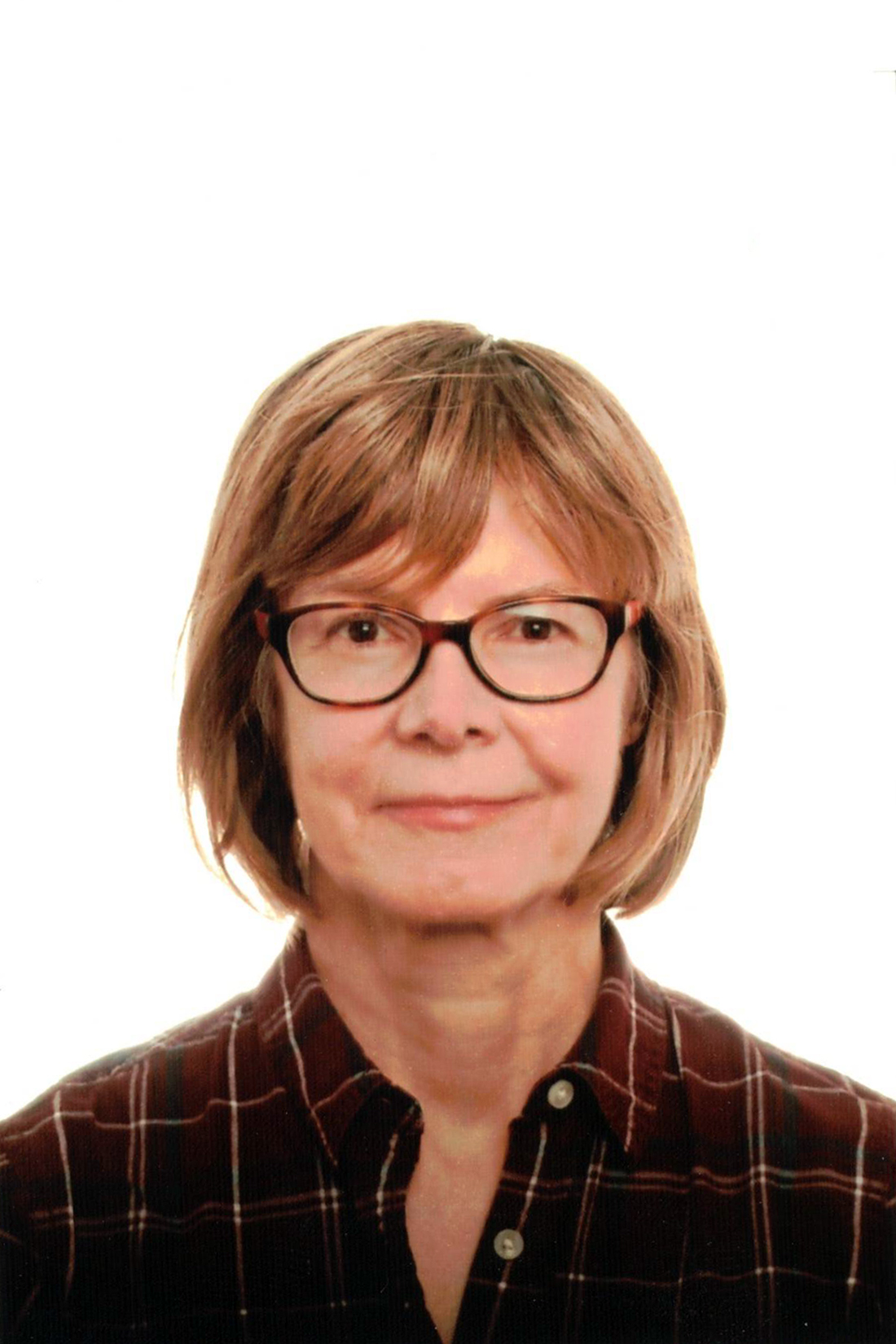 Michel Schofield
Michel Schofield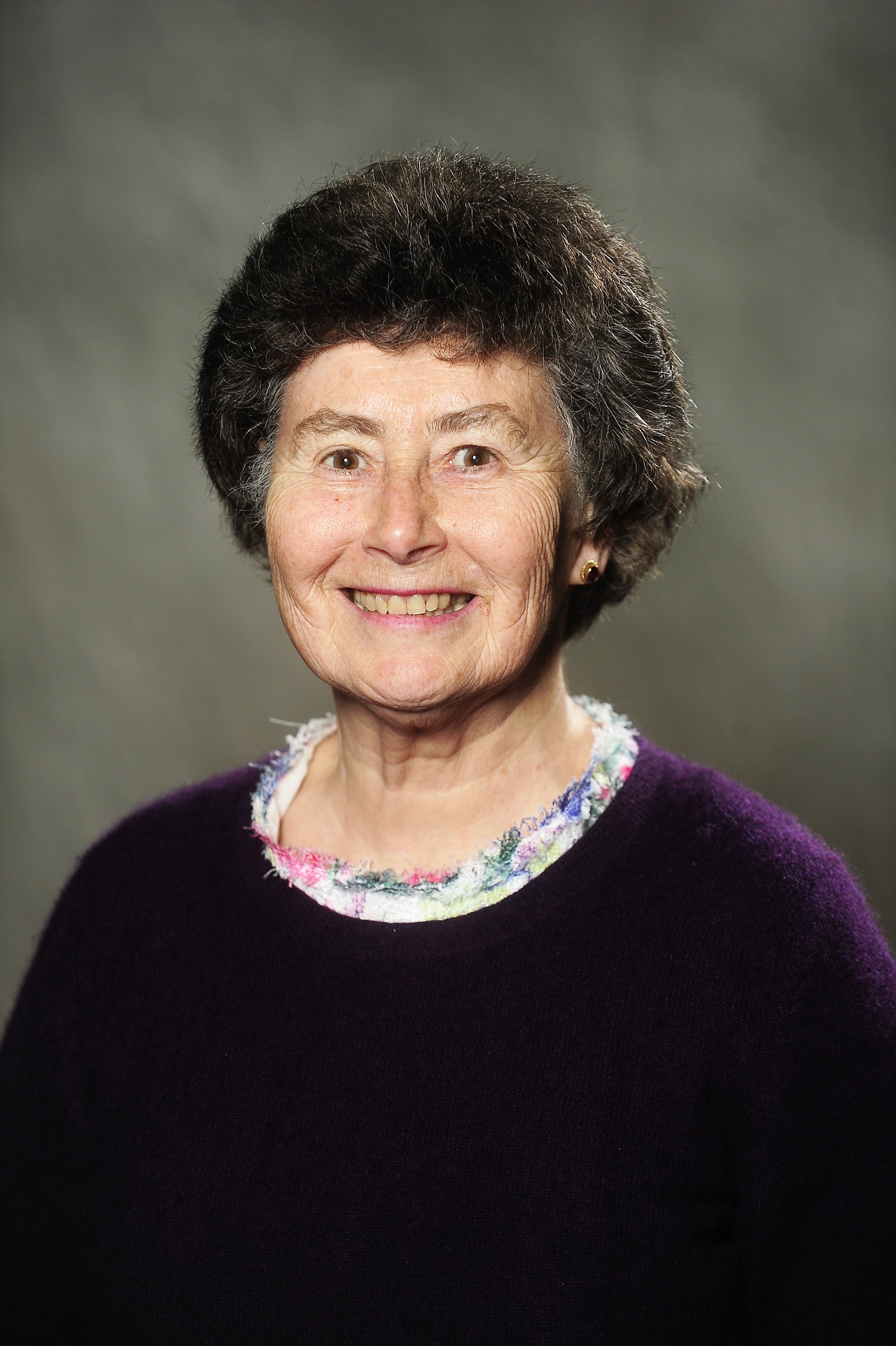 Susan Tarlo
Susan Tarlo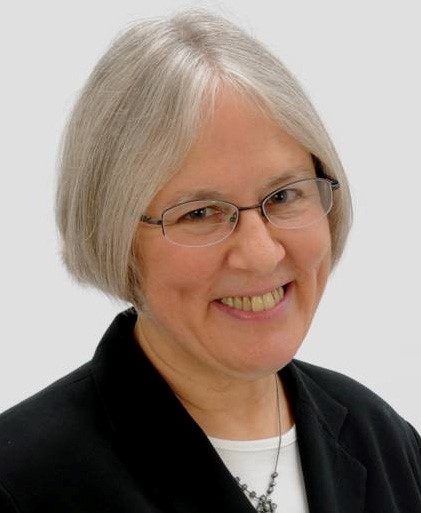 Mary Townsend
Mary Townsend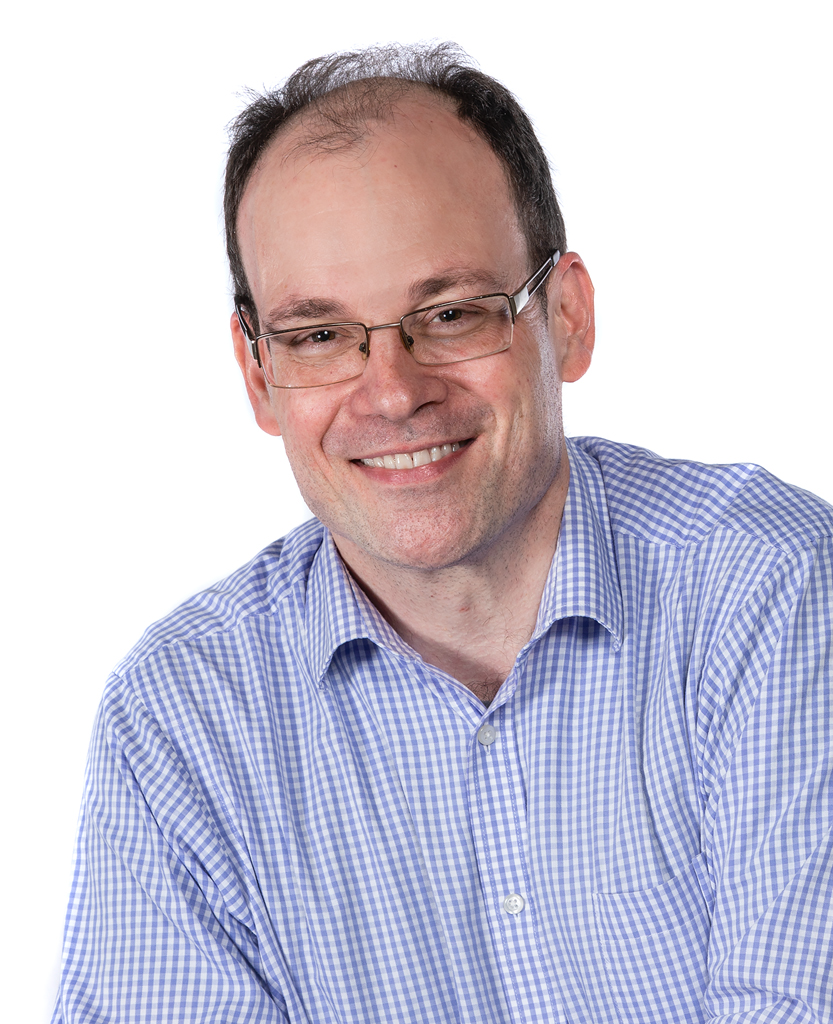 Alexander Waddell
Alexander Waddell